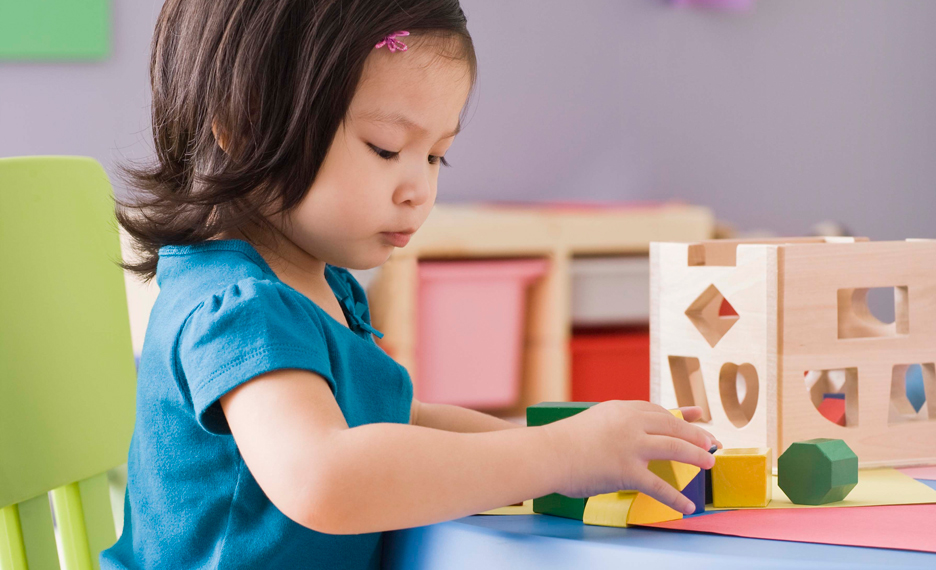
Montessori identified eleven different Sensitive Periods, and others have been suggested as our understanding of human development becomes more complex. The Sensitive Periods, while expressed uniquely in each child, tend to follow a general sequence in early childhood, with some especially likely for toddlers.
The Sensitive Period to Movement: most often observed between birth and 18 months, the Sensitive Period to Movement propels infants and toddlers to move, move, move! You’ll notice your child moving with increasing intentionality: increasing his or her coordination as the clumsy, haphazard movements of early infancy become more refined and controlled.
The Sensitive Period to Small Objects: Do you notice your child fixated on lint on your shirt? Or unable to move across the carpet without finding the tiny pebble you brought in on your shoe? Chances are it’s the Sensitive Period to Small Objects, typically observed between 18 months and four years old. In this Sensitive Period, children notice tiny details that you may overlook. Careful, though: for younger children in the Sensitive Period to Objects, all those little things will go quickly from their fingers to their mouths!
The Sensitive Period to Language: Like the Sensitive Period to Movement, the Sensitive Period to Language can be observed from birth, continuing through early childhood. You’ll notice a fascination with the human voice in the youngest children… by two months old, infants will turn their heads toward the human voice distinctly. Shortly thereafter, you may notice your baby watching your mouth intently as you speak, and trying to form sounds in response. By six months, children may utter their first distinguishable syllable, and by a year old, their first intentional word. Quickly from 12 months through two years, children will begin to express an early understanding of grammar, simple phrases, and rapidly exploding vocabulary.
The Sensitive Period to Order : when children thrive on routines and predictability. Although children throughout early childhood thrive with reliable order, children in the Sensitive Period to Order are deeply bothered by unexpected change, visibly anxious when routines are disrupted. In this period, which can be expected between the ages of two and four, children thrive on consistent routines and predictable sequences. Be on the lookout for certain signals: your child may insist on particular routines, like a specific cup at dinner time or a specific order to his or her bathtime. Children may check-in if things are unreliable, asking for details, for example, abut what will happen later or repeating details about upcoming events.
You may notice your developing toddler move into other later Sensitive Periods, including the Sensitive Periods to Grace and Courtesy, to the Refinement of the Senses or to Music (all typically observed between 2.5 years and 6 years old), to the Sensitive Periods to Reading or to Writing (typically observed between 3 and 6 years old), or to the Sensitive Periods to Math and to Spatial Relationships (typically observed between 4 and 6 years old.) While children will move in and out of these periods at their own pace, you can be aware of their sequence in general and prepared to identify each as it comes.
#SensitivePeriods #Toddlers #Theory #ForParents #ForTeachers #FirstPlane
